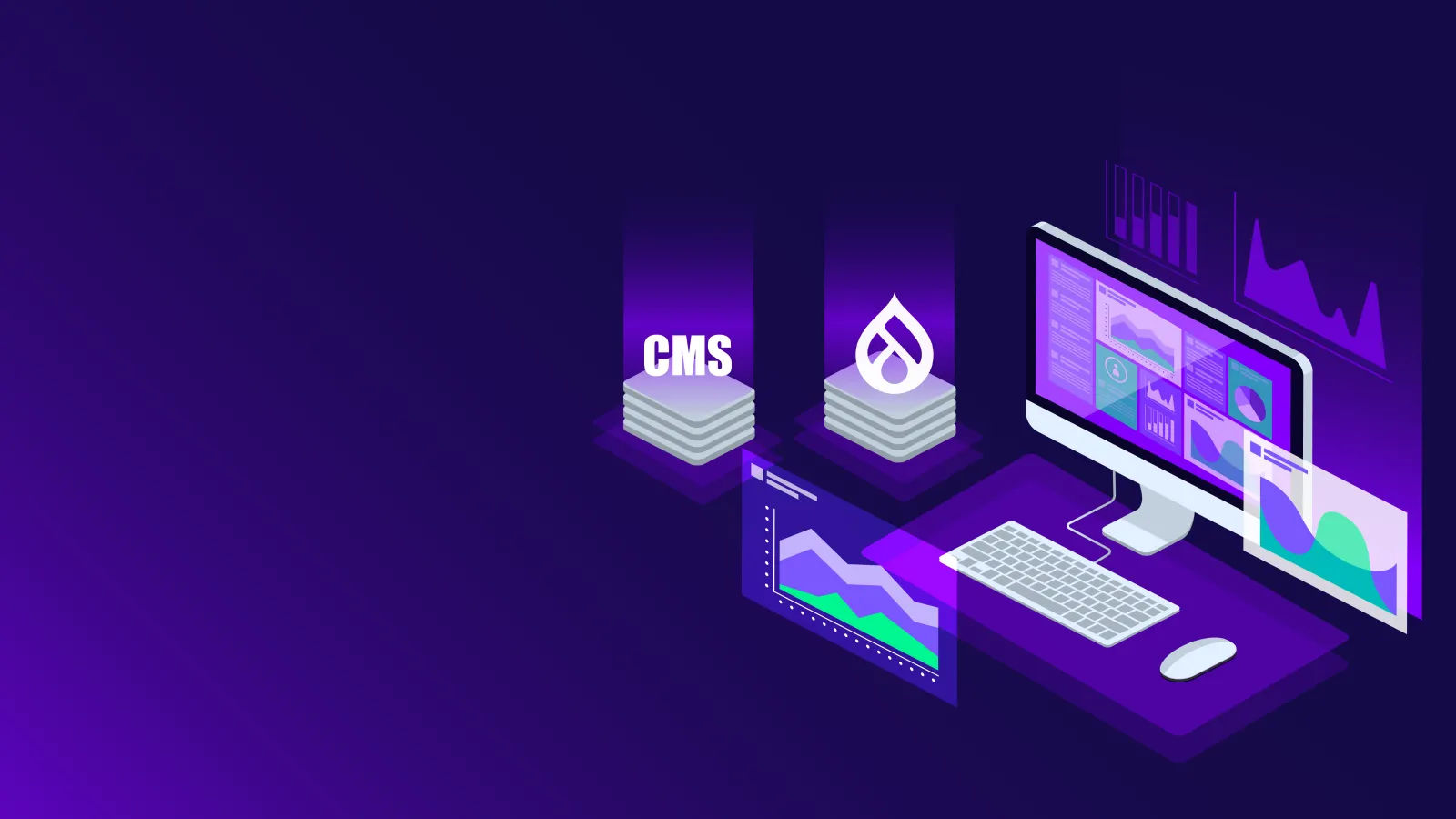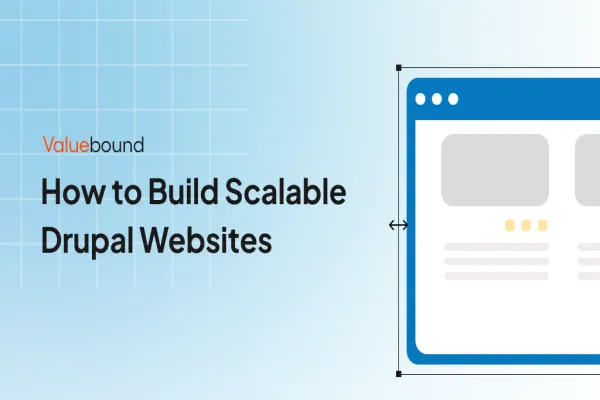The choice of a Content Management System (CMS) is pivotal for shaping a business's digital strategy. This article offers a comparison between the long-standing Drupal and modern CMS platforms like Bloomreach and Contentful, guiding technology leaders in their decision-making process.
Drupal – The Enduring Framework
- Background: Drupal has been a prominent player in the CMS market since 2001, known for its robust and flexible open-source nature.
- Strengths: Notable for its security, scalability, and extensive customization capabilities.
- Market Position: Drupal is a preferred choice in sectors that require complex, sophisticated websites.
- Community and Ecosystem: A vibrant community supports Drupal, contributing to a rich ecosystem of modules and themes.
- Performance and Scalability: Ideal for handling large volumes of content and traffic, Drupal is suited for content-rich, complex sites.
Modern CMS – The Agile Contenders
- Emerging Platforms: CMS platforms like Contentful, Bloomreach, Adobe Experience Cloud, Magnolia and Crownpeak offer cloud-native, agile solutions designed for the modern digital landscape.
- Key Features: These platforms emphasize user-friendly interfaces, rapid deployment, modular architecture and integration with CRM and other systems.
- Innovation and Market Adaptation: With a focus on digital marketing and content personalization, new CMSs are quickly gaining traction in the market.
- Marketers Experience: Modern CMSs are often more accessible to marketers with integrated tools and pre-built templates as easily configurable personalization rules.
Comparative Insights
- Usability: Modern CMS platforms typically provide more user-friendly interfaces compared to Drupal’s extensive customization options, which may require more technical expertise.
- Flexibility and Customization: Drupal’s headless CMS capabilities allow integration with various front-end technologies, offering flexibility in creating unique user experiences.
- Security and Reliability: Both Drupal and modern CMS platforms maintain high standards of security, with each offering unique features to protect digital assets.
- Scalability: Drupal is known for its robust scalability in handling large-scale projects, while modern CMSs leverage cloud infrastructure for scalable solutions.
- Cost Implications: Drupal’s open-source model can be cost-effective, but total ownership cost may increase with custom developments. Modern CMSs often have clear, subscription-based pricing models.
Making an Educated Choice
- Business Needs and Goals: The decision between Drupal and modern CMS platforms should reflect the specific requirements, scalability needs, and technical resources of the business.
- Future Trends and Integration: Assess how each platform aligns with future technology trends and the potential for integration with emerging digital tools.
- Community Support and Resources: The level of community support and available resources for each CMS is a crucial factor in the decision-making process.
Conclusion: Tailoring the CMS to Your Strategy
The choice between Drupal and modern CMS platforms hinges on aligning each system’s strengths with a company's specific digital strategy and operational needs.
Businesses exploring CMS options need to consider both their current needs and future growth. Valuebound offers expert guidance to navigate this decision, ensuring the chosen CMS aligns with your business objectives. Let's discuss to make the right choice for your business.





